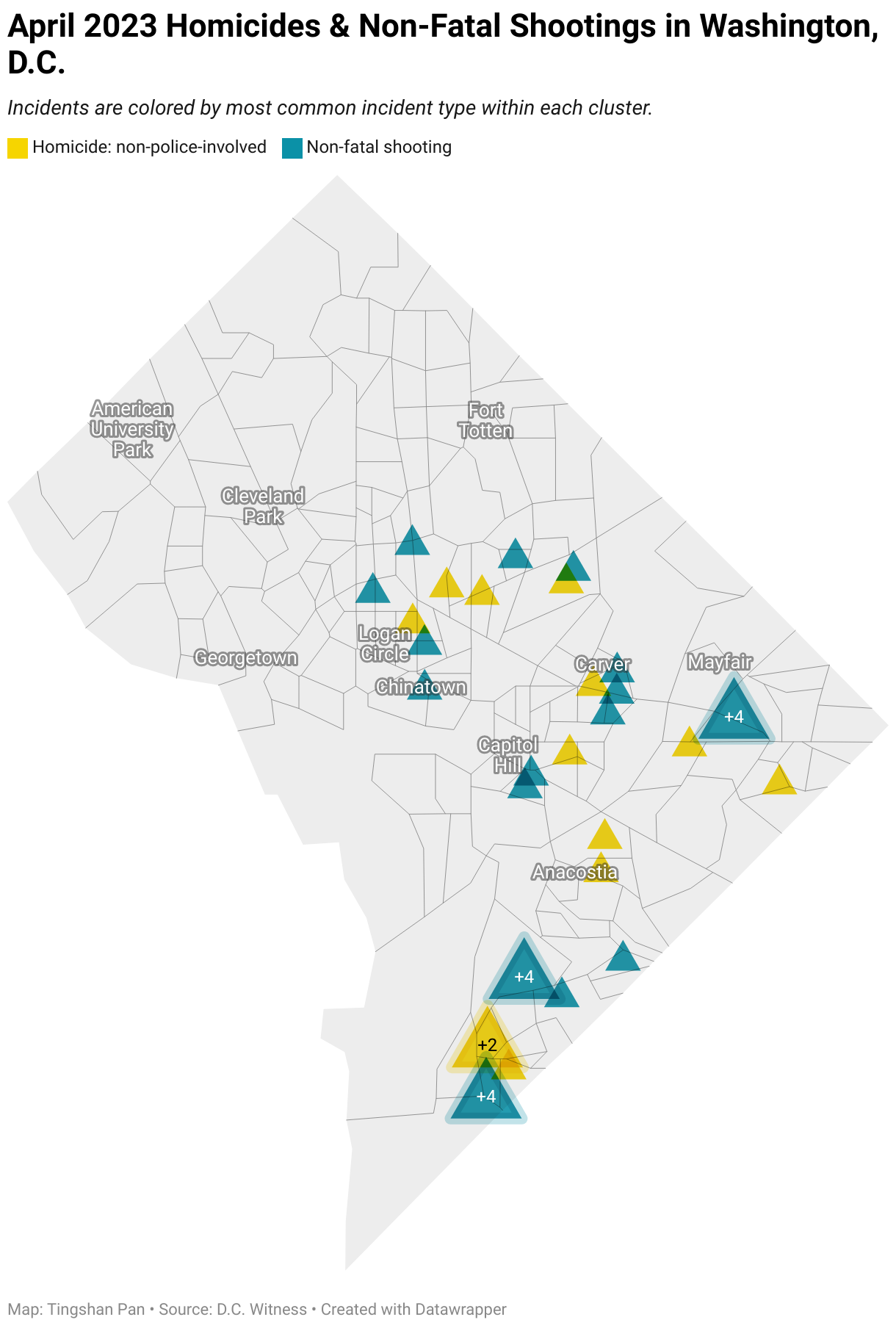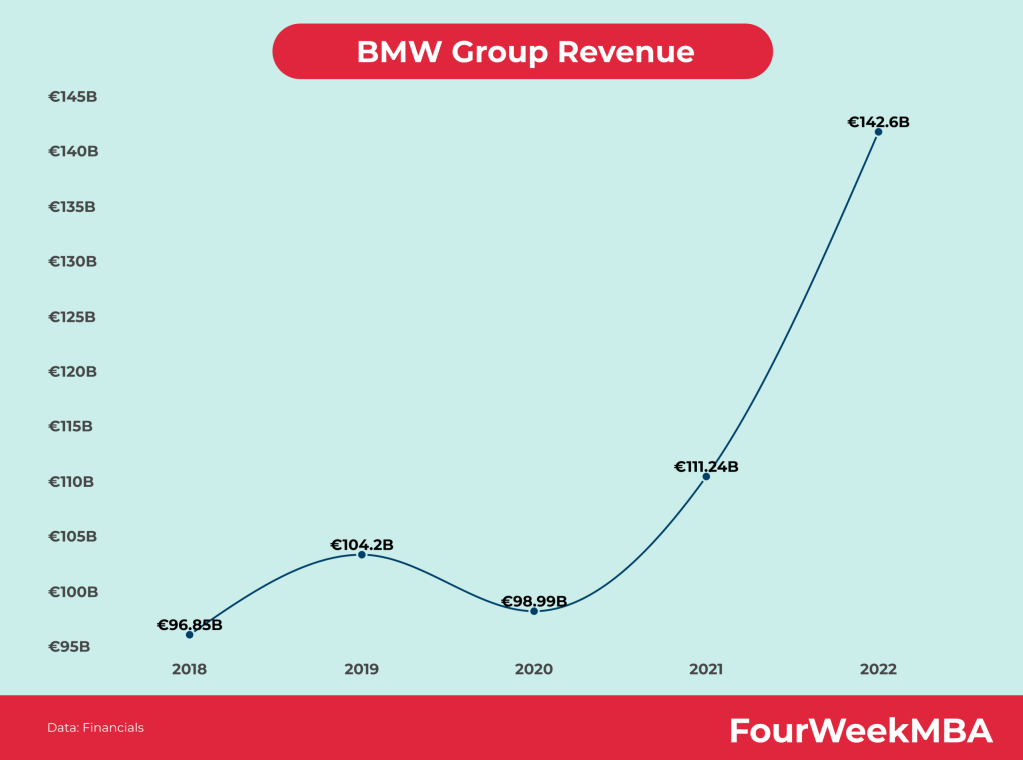Nvidia's Huang: US Export Controls Failed, Trump Praised

Table of Contents
Huang's Criticism of Current US Export Controls on AI Chips
Nvidia, a global leader in graphics processing units (GPUs) crucial for artificial intelligence development, has felt the pinch of US export controls targeting China. Huang argues that these restrictions, aimed at preventing China from accessing advanced AI technology, are largely ineffective.
Ineffectiveness of Restrictions
Huang's central argument is that the current restrictions have failed to significantly impede China's progress in AI. He contends that:
- Circumvention is rampant: China has found ways to acquire advanced chips through alternative channels, undermining the intended impact of the controls. This includes sourcing chips from other countries or developing domestic alternatives.
- Unintended consequences: The restrictions have harmed US companies like Nvidia, limiting their access to a significant market and hindering their own innovation. This stifles growth and competitiveness.
- Limited impact on China's AI development: Despite the restrictions, China continues to make strides in AI research and development, demonstrating that the controls haven't created a significant roadblock.
Economic Impact on Nvidia
The export controls have directly impacted Nvidia's bottom line. The company has reported:
- Significant revenue losses: Specific sales figures demonstrating the reduction in revenue attributed to the export controls should be cited here (if available from financial reports).
- Slowed growth prospects: The uncertainty surrounding future regulations makes long-term planning difficult, impacting investment and innovation.
- Ripple effects: The restrictions have a knock-on effect on the broader semiconductor industry, creating uncertainty and potentially hindering innovation across the board.
Unexpected Praise for the Trump Administration's Approach
In a surprising twist, Huang has praised the Trump administration's approach to export controls, contrasting it with the current administration's policies.
Comparison with Previous and Current Administrations
Huang's statement implies a key difference lies in the clarity and predictability of the Trump era’s regulatory framework:
- Regulatory Clarity: The Trump administration's policies, while still restrictive, might have provided more clarity and predictability for businesses, allowing them to adapt their strategies accordingly. Specific examples of policies should be referenced here (if available).
- Enforcement Consistency: There may have been more consistent enforcement under the previous administration, leading to less ambiguity and fewer loopholes.
- Communication: Better communication and engagement with businesses might have also contributed to the perceived advantages of the Trump era's approach.
Huang's Justification
Huang's reasoning for praising the Trump administration likely stems from a belief that the previous policies, despite their restrictions, were more transparent and predictable. This predictability allowed companies to better adapt their business strategies, minimizing negative economic impact. (Any direct quotes from Huang should be inserted here). Counter-arguments might include claims that the Trump administration's approach was equally or more damaging, just different in its methodology.
Geopolitical Implications and the Future of AI Chip Regulation
The US-China technological rivalry is at the heart of this debate. Export controls are a key tool in this competition, but their effectiveness is increasingly questioned.
The US-China Tech Race
Industry analysts express mixed opinions on the effectiveness of export controls in hindering China's technological advancement:
- Limited Effectiveness: Some argue that the controls are ultimately ineffective, leading only to circumvention and harming US competitiveness.
- National Security Concerns: Others maintain that these measures are necessary to protect US national security, regardless of their economic impact.
- Long-term Impact: The long-term impact on global technological advancement is uncertain, potentially slowing progress in AI and related fields.
Potential Solutions and Policy Recommendations
To improve the current situation, several potential adjustments could be made:
- Targeted Sanctions: Focus on specific technologies or companies posing the greatest national security risk, rather than broad restrictions.
- International Cooperation: Work with allies to establish international norms and standards for AI technology exports.
- Investment in Domestic Innovation: Increase investment in research and development to maintain US technological leadership.
Conclusion: The Ongoing Debate Surrounding Nvidia's Huang and US Export Controls
Nvidia's Huang's statement has amplified the ongoing debate about the efficacy and consequences of US export controls on AI chips. His criticism of current restrictions and his unexpected praise for the Trump administration highlight the need for a reevaluation of these policies. The economic impact on Nvidia, the broader semiconductor industry, and the implications for the US-China technological competition are significant and demand careful consideration. We encourage further research into the impact of export controls on AI development and the global semiconductor market. The discussion surrounding Nvidia's Huang and US export control policies must continue to find a balance between national security and economic competitiveness.

Featured Posts
-
 Who Was Sarah Milgrim Details Emerge Following Dc Shooting
May 22, 2025
Who Was Sarah Milgrim Details Emerge Following Dc Shooting
May 22, 2025 -
 Marks And Spencer Cyber Attack 300 Million Cost Revealed
May 22, 2025
Marks And Spencer Cyber Attack 300 Million Cost Revealed
May 22, 2025 -
 Nice To Build State Of The Art Olympic Swimming Pool Facility
May 22, 2025
Nice To Build State Of The Art Olympic Swimming Pool Facility
May 22, 2025 -
 Da Phat Trien Giao Thong Tp Hcm Binh Duong Nho Cac Du An Ha Tang
May 22, 2025
Da Phat Trien Giao Thong Tp Hcm Binh Duong Nho Cac Du An Ha Tang
May 22, 2025 -
 The Evolving Chinese Automotive Market Implications For Bmw Porsche And Competitors
May 22, 2025
The Evolving Chinese Automotive Market Implications For Bmw Porsche And Competitors
May 22, 2025
